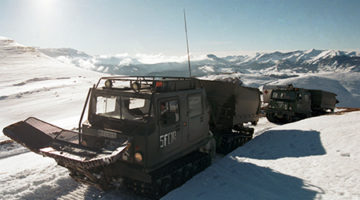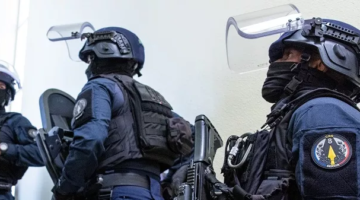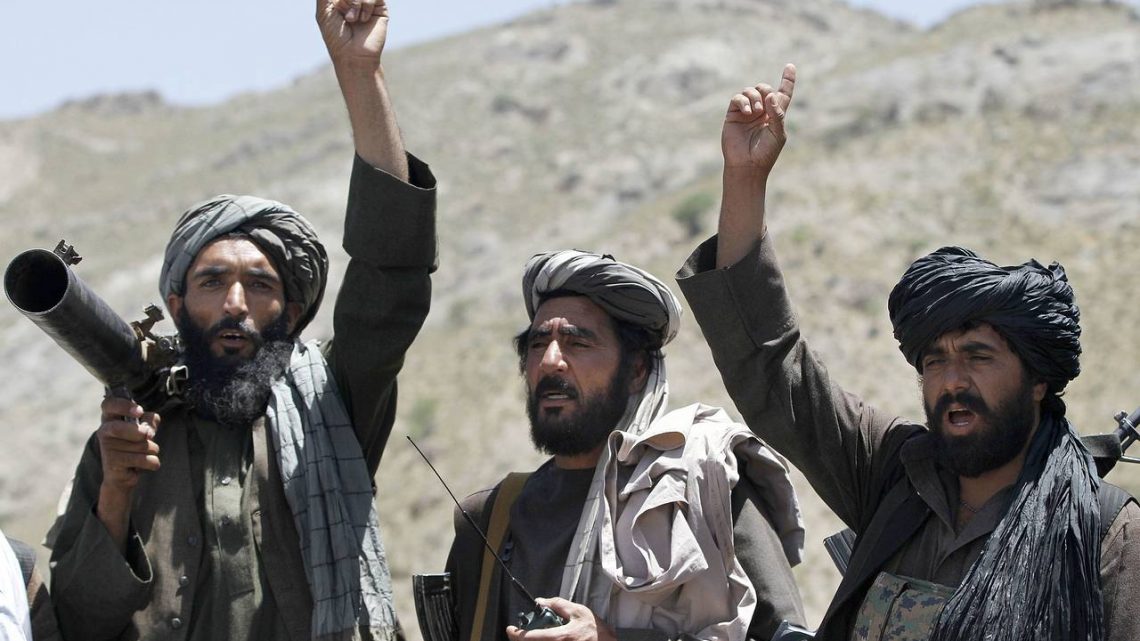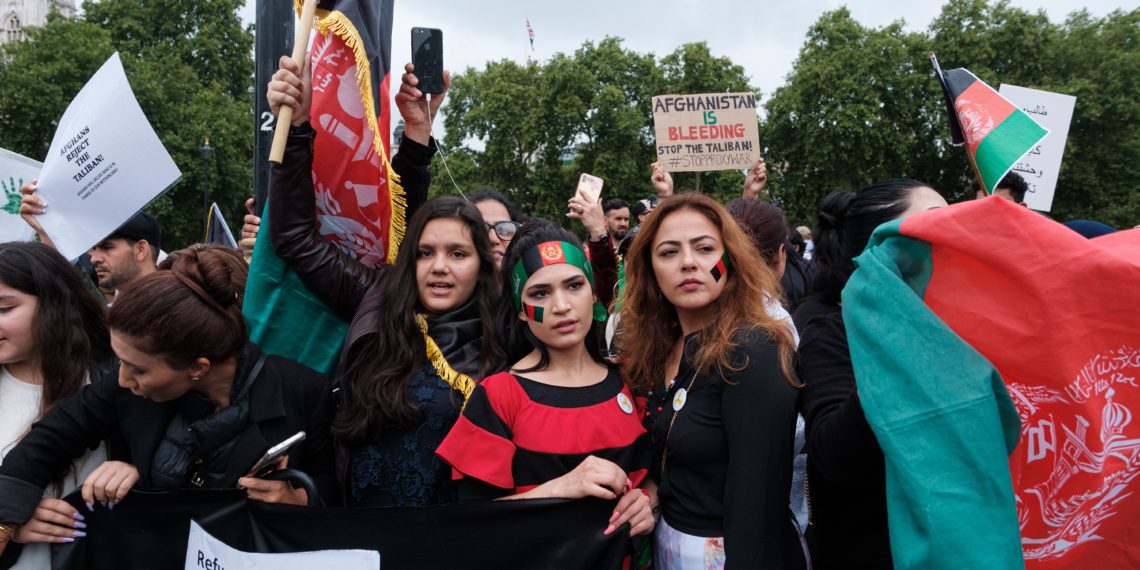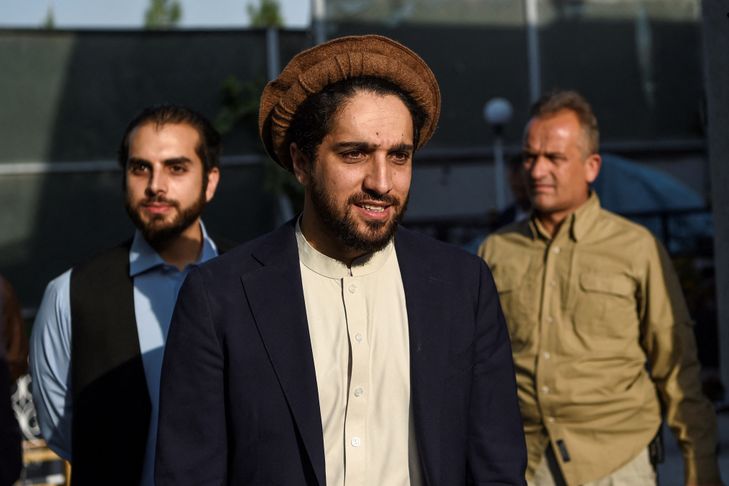(Source : The Wall Street Journal – By Jessica Donati) – A Reporter’s Anguished Farewell to Afghanistan
During four years based in Kabul, a Journal foreign correspondent watched the capital become a battle zone
When I moved to Kabul four years ago, the Afghan capital was better known, among foreign visitors, for its parties than for its bombs. A surge in U.S. troops and foreign aid had fueled an expat lifestyle of heavy drinking and carousing. The wild behavior had mostly subsided by the time I arrived in 2013, but a handful of bars, restaurants and at least one brothel still catered to foreigners. Contractors, diplomats and aid workers—plus a few journalists and the occasional fortune-seeker—dined in garden restaurants, where forbidden wine was served in teacups. Some places even offered beer, at $10 a can.
That all changed in early 2014, when the Taliban attacked a popular Lebanese restaurant known for its free chocolate cake. A suicide bomber blew himself up at the door, opening the way for gunmen with AK-47s who executed 21 people one by one, including a friend of mine. It all took about 15 minutes. I was a few blocks away, listening from a balcony, wondering why there was no return fire. No one survived.
As my tour here for the Journal winds down, Afghanistan’s long war—confined for years to the countryside—has spilled into the capital. Since 2014, most venues catering to foreigners have closed. Embassies and contractors are confined to heavily fortified compounds. The U.S. embassy deems the five-minute drive to the airport so risky that it shuttles staff there by helicopter.
As the walls have reached higher, insurgent attacks have grown bigger and bolder. In May, a huge truck bomb exploded outside the German embassy, killing more than 150 people—the worst such attack since the U.S.-led invasion in 2001. The blast shattered our bureau, about 100 yards away, blowing out windows and cracking a wall. I was in the shower at the time, and as the ground shook, I thought, The house is going to fall down, and I’ll be climbing out of the rubble without any clothes on.
How did we get here?
The Obama administration’s military surge ended in 2012, but local forces weren’t prepared to take over. The Taliban swept through rural areas, and an Islamic State insurgency took root, capitalizing on popular frustration with a government often seen as dominated by brutal former warlords.
President Donald Trump has reportedly said that the U.S. is losing in Afghanistan, but changing course presents difficult choices. He could dispatch more U.S. troops, which might prevent further setbacks but probably wouldn’t alter the conflict’s underlying dynamics. Despite a dramatic escalation in U.S. airstrikes in Afghanistan—now up to levels last seen in 2012, U.S. military data shows—casualty and attrition rates among Afghan forces remain near record levels.
Or Mr. Trump could choose to leave, which experts say would cause the Kabul government to quickly collapse, much as the Soviet-backed regime did after Moscow withdrew in 1989.
Life in Kabul has only grown more tense since the 2014 attack on the Lebanese restaurant. A fraud-marred presidential election that year nearly tipped the country into civil war and ended only when the U.S. brokered an unhappy power-sharing deal between rivals Ashraf Ghani and Abdullah Abdullah. Almost a third of Afghan cabinet positions remain vacant, including defense minister.
(…)
READ FULL ARTICLE >>>www.wsj.com
Photo © Taliban militants in Herat province, Afghanistan, May 27, 2016, Allauddin Khan/ Associated Press,as published in ibid

